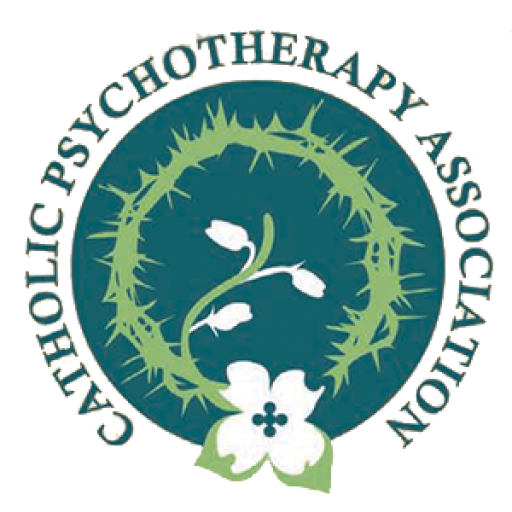Integratus: Inaugural Editors’ Choice Award Winners
Catholic Psychotherapy Association Announces Inaugural Editors’ Choice Award Winners
Dr. Robert Kugelmann and Dr. Jesse Fox, co-editors of Integratus, the official journal of the Catholic Psychotherapy Association, are proud to announce the second winner of the Editors’ Choice Award: Dr. Adam J. Schneider.
The Editors’ Choice Award is given periodically to a selected article published in Integratus based on mission fit with the journal, relevance to journal readership, methodological rigor, and clinical application. Winners of the award receive $250.00, organizational recognition, and spotlighted through broad dissemination of their scholarship.
Dr. Schneider authored the article, “Making the Holy Obscene”: A Thematic Analysis of Freudian Psychoanalysis in the Catholic Press, which was published in the March 2024 issue of Integratus. We thank Dr. Schneider for his important scholarship and for taking some time to answer questions about his research. We encourage everyone to read the full article, found in Integratus: https://guilfordjournals.com/toc/intg/current
About the Author
Adam J. Schneider, Ph.D.
Dr. Adam J. Schneider is a licensed mental health counselor operating an independent practice in Seattle, Washington. More information about Dr. Schneider and his work can be found: http://schneiderpsychologicalservices.com
Article Spotlight: A Brief Interview with the Author
What was the primary research question/hypothesis of your article?
There were significant academic writings and debates between Catholic thinkers and psychoanalysts across many decades. Much of those ideas were published in dense books or academic journals. I wanted to know: How have Catholic newspapers in the United States reported and represented the theory and practice of psychoanalysis?
What was the key finding(s)?
There were concerns among Catholic writers about pansexuality in psychoanalysis. What they meant by pansexuality was the idea that psychoanalysis explained all psychopathology was due to repressed sexual conflicts. Freud himself argued against this idea. There was also concern that psychoanalysis was stepping on the toes of the sacrament of confession. But there were Catholic thinkers – both for and against psychoanalysis – who articulated the differences between the two. In the end, many writers communicated the need for both Catholicism and psychoanalysis to appreciate and make use of the strengths and benefits of one another.
Tell us about your research methodology. What is thematic analysis?
Thematic analysis is a form of qualitative research. I relied on the work of Virginia Braun, Victoria Clarke, Helene Joffe, Gareth Terry, and Nikki Hayfield, who have extensively developed this methodology. Thematic analysis looks for patterns or themes in texts. The researcher does not approach the texts with a predetermined scope of what they expect to find but want the specific words and phrases found in the texts to speak for themselves.
How can other researchers extend your study to other research studies?
My study only looked at newspapers that are in English published in the United States. I hope to see further research analyzing similar content in other languages and countries, and other forms of Catholic media, such as magazines. I also focused exclusively on Freudian psychoanalysis. Expanding the scope for other theories of psychoanalysis, and psychology more broadly, would be most welcome.
Why do you think Freudian psychoanalysis is important to Catholic psychotherapists?
This is a big question, one which I plan to address in my book coming next year. I think both Catholicism and psychoanalysis appreciate the power of speech. As Catholics recite during each mass, “Only say the word and my soul shall be healed.” Freudian/Lacanian psychoanalysis has a particular way of listening to speech that I think Catholic psychotherapists would find congruent with their faith and useful in their clinical work.

